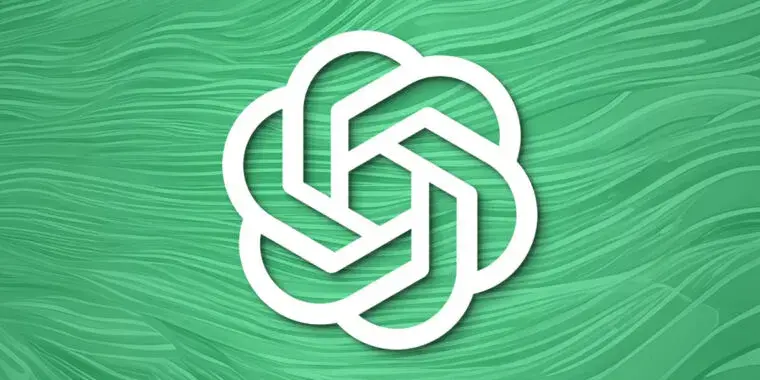Apparently, stealing other people’s work to create product for money is now “fair use” as according to OpenAI because they are “innovating” (stealing). Yeah. Move fast and break things, huh?
“Because copyright today covers virtually every sort of human expression—including blogposts, photographs, forum posts, scraps of software code, and government documents—it would be impossible to train today’s leading AI models without using copyrighted materials,” wrote OpenAI in the House of Lords submission.
OpenAI claimed that the authors in that lawsuit “misconceive[d] the scope of copyright, failing to take into account the limitations and exceptions (including fair use) that properly leave room for innovations like the large language models now at the forefront of artificial intelligence.”



Wait, so if the way I make money is illegal now, it’s the system’s fault, isn’t it? That means I can keep going because I believe I’m justified, right? Right?
CC BY-NC-SA 4.0
In order to apply that license, you will need to fully and unequivocally identify yourself (aka: doxx yourself). Not sure that’s what you really want.
I don’t believe this is true, a nickname or online account works completely fine for attribution if nothing else is given.
Attribution is not the problem. The problems are:
Depending on the applicable legislation (US, UK, EU, other), either one or both of those points may not be possible.